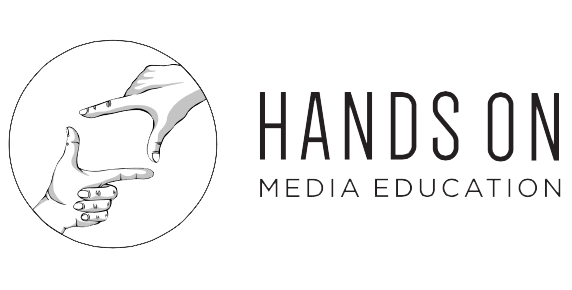DIY Media and Digital Education: Twitter & Activism
Guest blogger Megan Ryland recently completed her Master of Arts degree in Educational Studies at the University of British Columbia. Her thesis focused on media and digital literacy, social media, informal learning, and activist hashtags (available here). She advocates for media and digital literacy as a required skill set for all to equally access, understand, critique, create, and enjoy the opportunities available online today and help shape our digital future. You can follow her on twitter @meganryland.
More and more people are using digital tools to protest or get heard on important issues. I’ve spent the last few years studying how people are learning to use social media for social change. In my thesis, I looked closely at how people learned to use hashtags on Twitter like #BlackLivesMatter, #IdleNoMore, and #MeToo to advocate for justice. After interviewing Twitter users and reading their tweets, I noticed that new Twitter users learned to use the platform in a few big ways: exploration, using models, accessing expertise, and applying prior knowledge.
Most people depended on several ways of learning. The most common strategies were gaining experience with the platform, observing others and copying them, and simple trial and error. Few people used educational resources or courses to learn and most people reported being self-taught. In general, the technical elements were easier to learn than the social elements of Twitter—i.e. learning to retweet a hashtag was easier than learning what was considered good Twitter etiquette. Creating a hashtag for activism on Twitter requires both technical and social skills.
Here are some learning strategies -
Exploration
Getting exposure and giving it a try.
Tactics:
· Gaining experience on the platform
· Exploring and being curious
· Using trial and error to see how it works
· Getting responses or feedback from other users
· Measuring performance (e.g. checking and comparing analytics)
Using Models
Watching and learning from others.
Tactics:
· Observing others and copying them
· Looking for examples and copying those
· Looking for role models
· Paying attention to leaders in the community
· Watching the responses that others get, and avoiding what inspires negative feedback (e.g. a community member is called out and you learn how to avoid that misstep)
· Considering how the media shows it or how it’s advertised to work
Accessing Expertise
Seeking out people and resources who can shed light on the topic.
Tactics:
· Asking a teacher or mentor how to do something
· Asking friends or peers for their help or opinion
· Participating in tutorials, workshops, or courses
· Referring to books, websites, blogs, and videos that teach useful skills
Applying Prior Knowledge
Using what you already know.
Tactics:
· Applying strategies or “common sense” learned with other technologies (e.g. similar logic, buttons, or set up)
· Applying principles or instincts you learned from similar tasks (e.g. talk like you might in other spaces)
· Following intuition based on past experience or personal judgement
I was studying how people gain the knowledge and skills to use Twitter for demanding social change, but these learning strategies might apply to other similar situations. When you’re learning a new digital skill, consider borrowing from each kind of strategy. You might find that it takes several ways of learning to master a new social network or content creation platform.
We know that people aren’t waiting to be taught how to use social media to make social change—they’re learning and trying on their own. However, if media and digital literacy can be used to make our world a better place, it makes sense to speed up the learning process by offering more support. More media and digital education would help more people use new digital tools to make a difference in the real world. However, in the meantime, people will use the resources they have to learn what they can.

